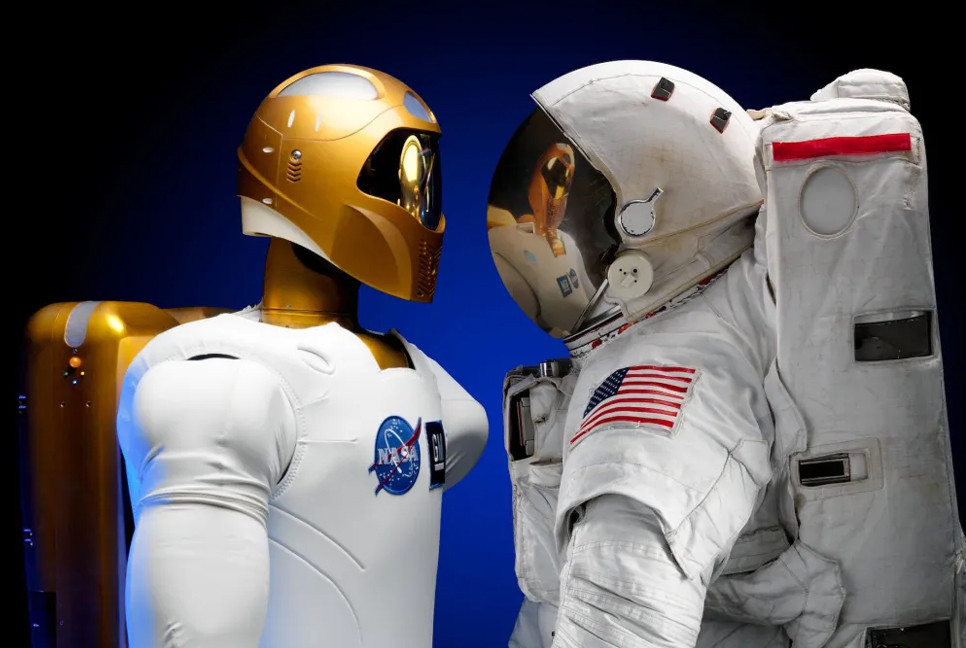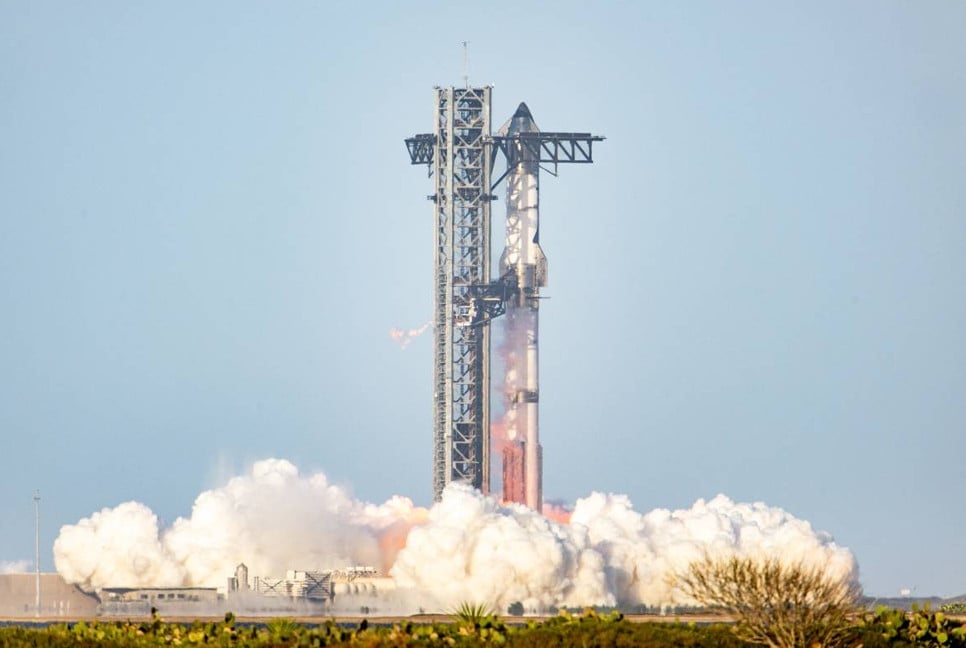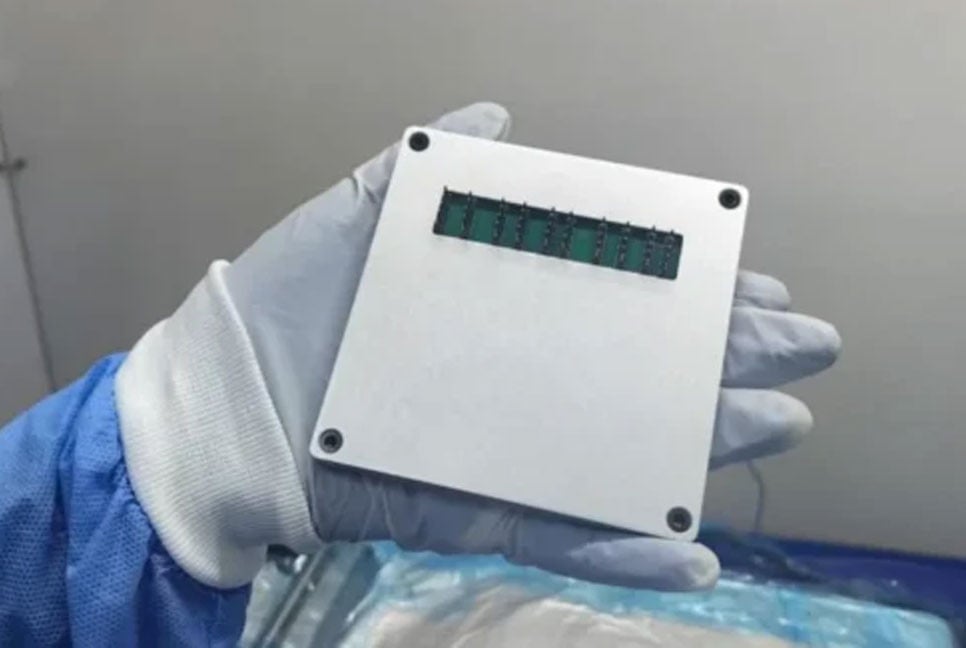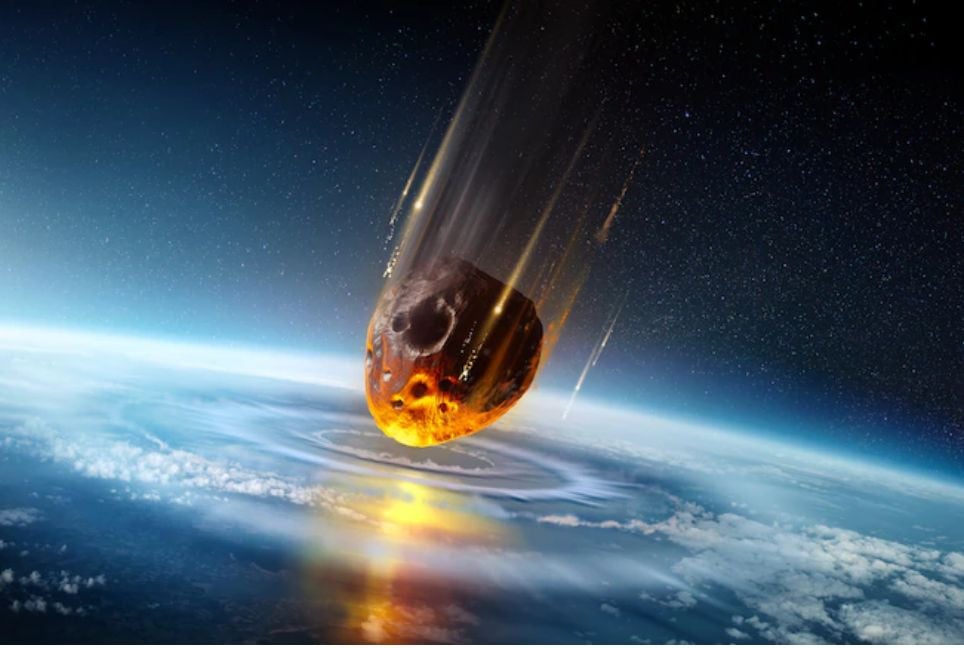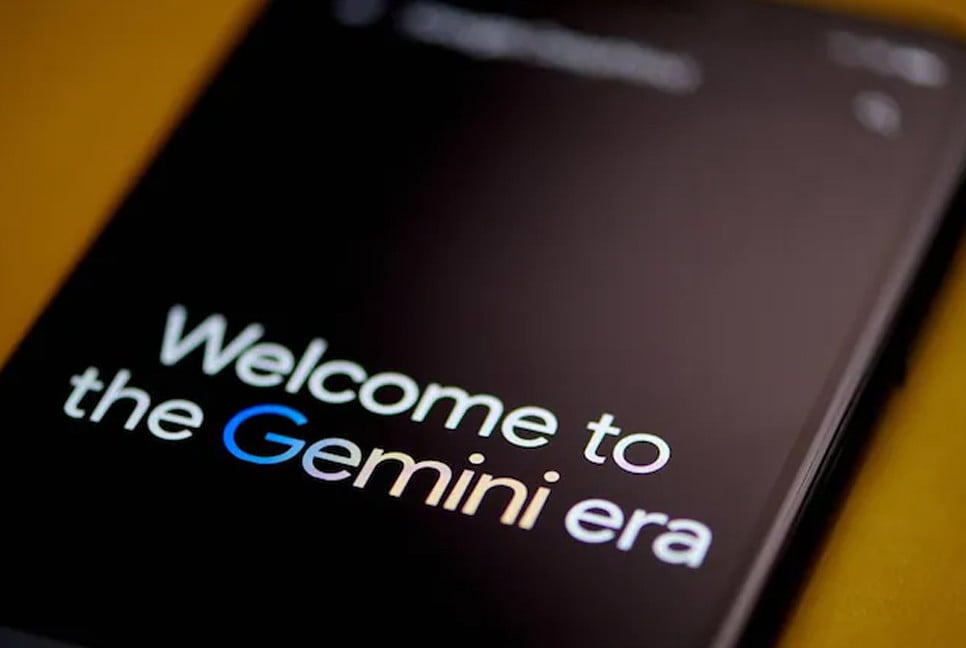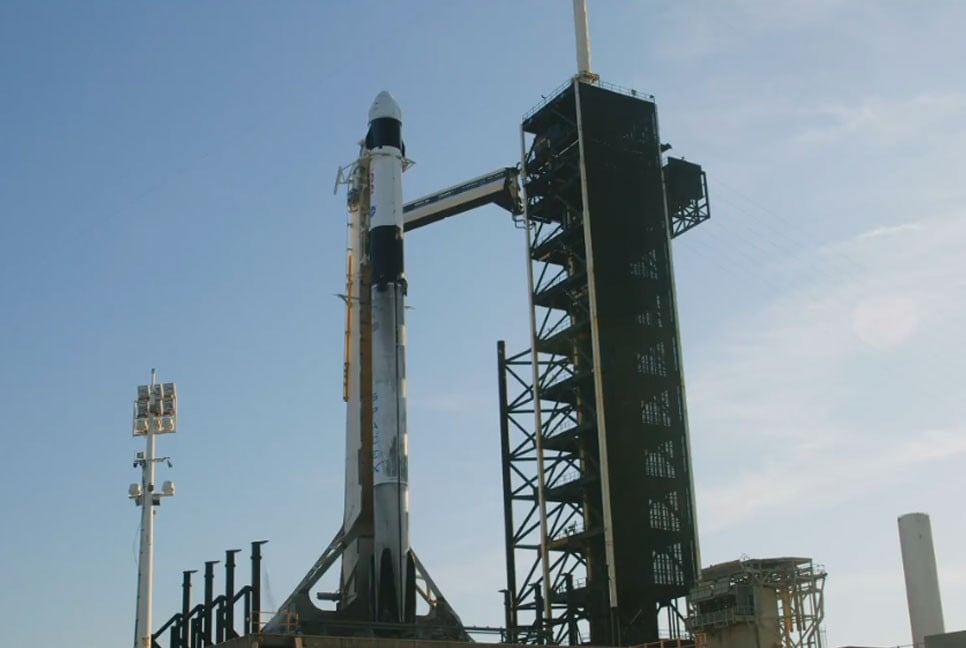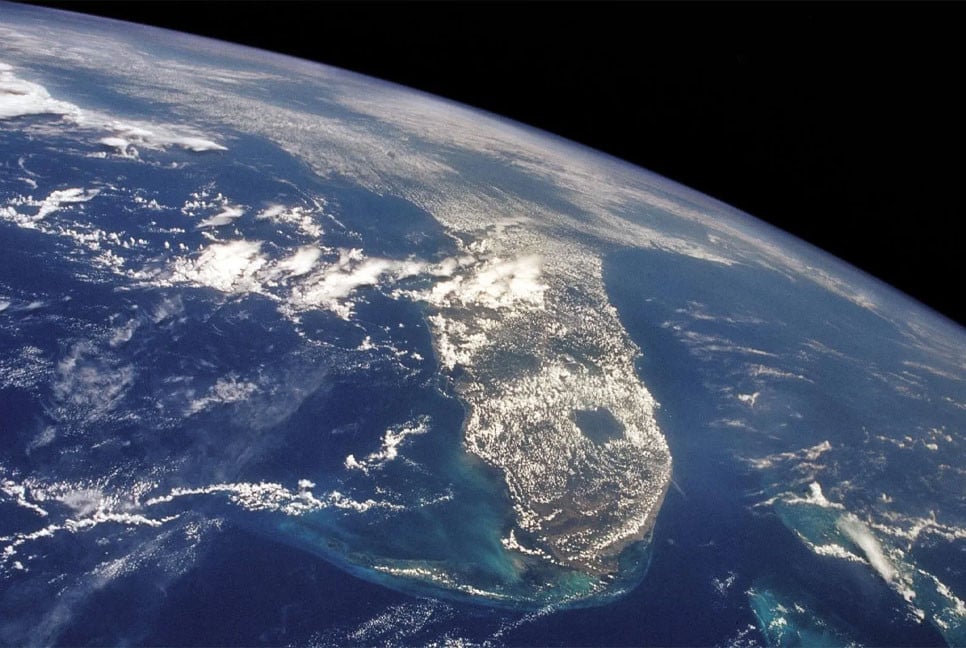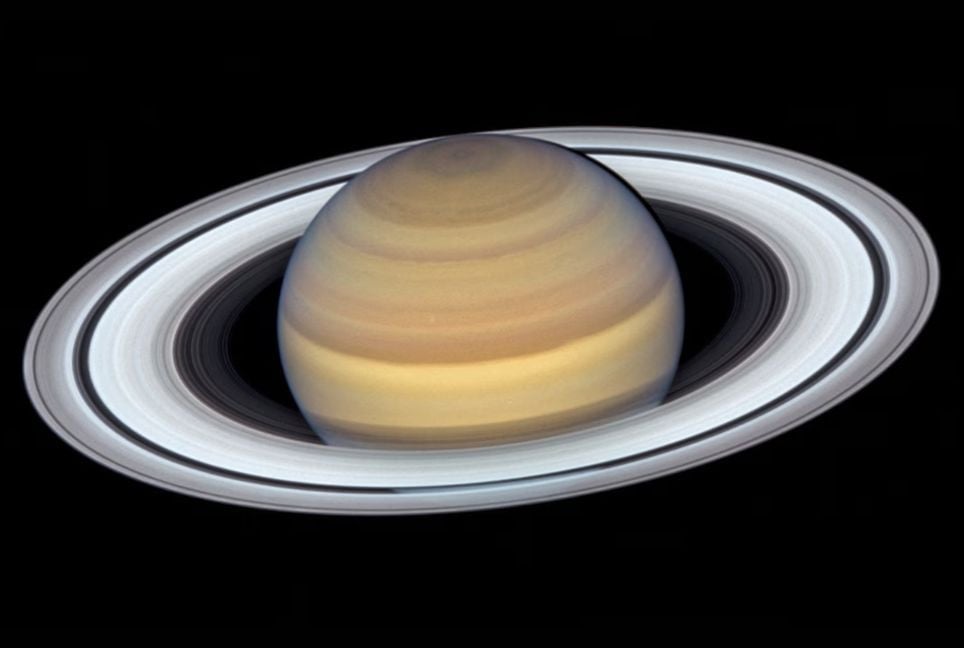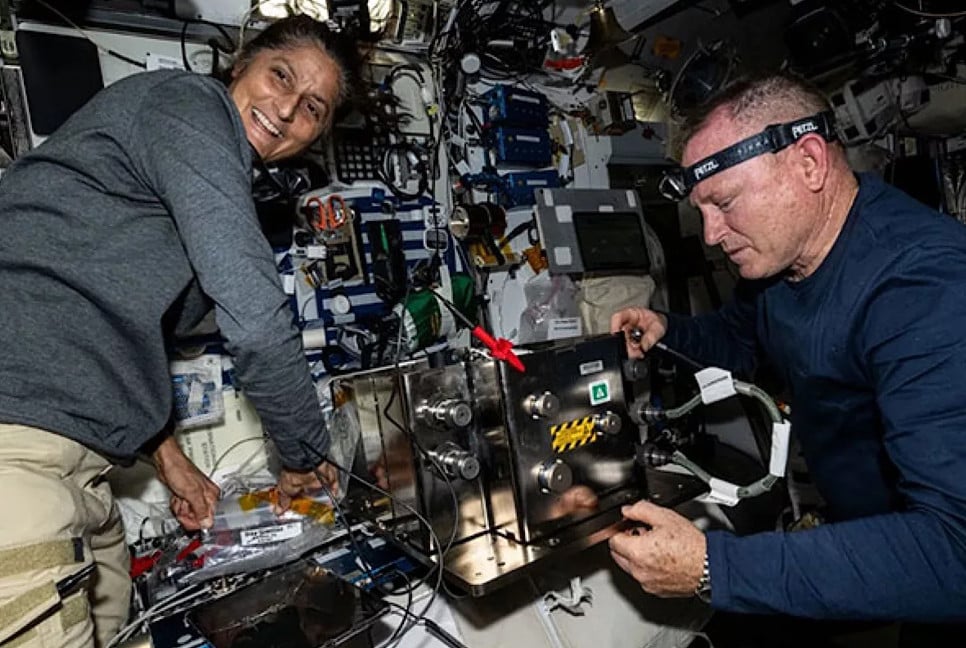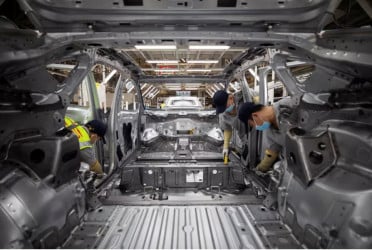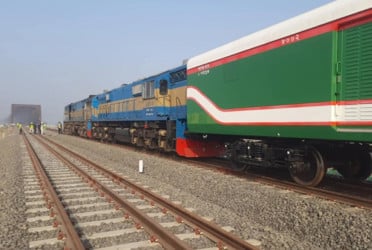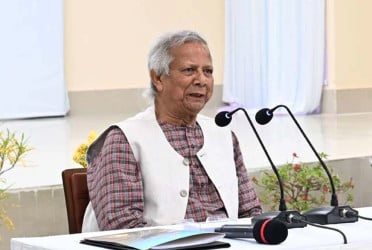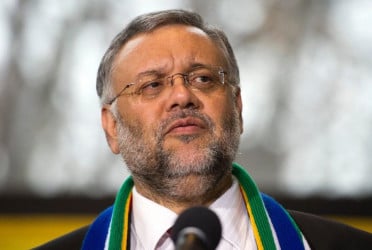On Christmas Eve, an autonomous spacecraft made history by flying closer to the Sun than any previous human-made object. NASA's Parker Solar Probe passed through the Sun's atmosphere as part of its mission to learn more about the Sun and its impact on space weather near Earth.
This milestone event marked a significant achievement for humanity, yet it was carried out entirely without human intervention, as the spacecraft executed its pre-programmed tasks autonomously, with no communication with Earth during the flyby.
Robotic probes have been exploring the solar system for the past sixty years, reaching places that are beyond human capability. During its 10-day flyby, the Parker Solar Probe endured temperatures as high as 1000°C.
However, the success of these autonomous spacecraft, combined with the advancement of artificial intelligence, brings up the question of what role humans will have in the future of space exploration.
Some scientists question whether human astronauts are going to be needed at all.
"Robots are developing fast, and the case for sending humans is getting weaker all the time," says Lord Martin Rees, the UK's Astronomer Royal. "I don't think any taxpayer's money should be used to send humans into space."
He also points to the risk to humans.
"The only case for sending humans [there] is as an adventure, an experience for wealthy people, and that should be funded privately," he argues.
Andrew Coates, a physicist from University College London, agrees. "For serious space exploration, I much prefer robotics," he says. "[They] go much further and do more things."
They are also cheaper than humans, he argues. "And as AI progresses, the robots can be cleverer and cleverer."
But what does that mean for future generations of budding astronauts – and surely there are certain functions that humans can do in space but which robots, however advanced, never could?
Rovers verses mankind
Robotic spacecraft have explored every planet in the solar system, along with numerous asteroids and comets, while humans have only traveled to two places: Earth's orbit and the Moon.
In total, around 700 individuals have journeyed to space, starting with Yuri Gagarin in 1961, the first human to orbit the Earth. The majority of these astronauts have either orbited the Earth or made brief suborbital flights, such as those on the US company's Blue Origin New Shepard rocket, which last only a few minutes.
"Prestige will always be a reason that we have humans in space," says Dr Kelly Weinersmith, a biologist at Rice University, Texas and co-author of A City on Mars. "It seems to have been agreed upon as a great way to show that your political system is effective and your people are brilliant."
But aside from an innate desire to explore, or a sense of prestige, humans also carry out research and experiments in Earth's orbit, such as on the International Space Station, and use these to advance science.
Source:BBC
Bd-pratidin English/ Afia

